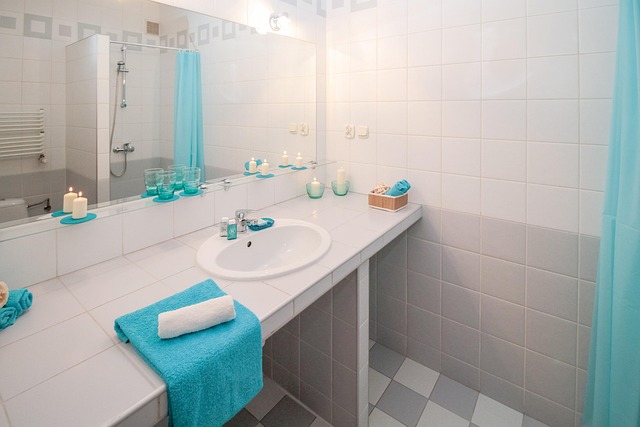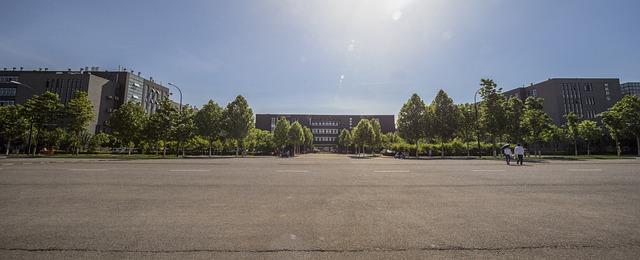International students considering off-campus rentals should thoroughly research local tenancy laws, negotiate clear terms in lease agreements, and build a supportive network for a positive experience. Start early, choose safe locations, and engage with local communities to enhance integration while living off-campus.
Moving abroad for studies? Navigating off-campus rentals can be daunting, but with the right strategies, international students can find safe, affordable, and supportive housing. This guide equips you with essential tips across four key areas: understanding off-campus rental agreements, locating optimal options, comprehending local tenant rights and responsibilities, and building an engaging off-campus community. By mastering these aspects, you’ll not only secure a comfortable home but also enhance your overall study abroad experience.
- Understanding Off-Campus Rental Agreements
- Locating Safe and Affordable Housing Options
- Navigating Local Tenant Rights and Responsibilities
- Building a Supportive Off-Campus Community
Understanding Off-Campus Rental Agreements

Many international students opt for off-campus housing, which offers a unique opportunity to immerse themselves in local communities. However, understanding off-campus rental agreements is paramount. These agreements can vary widely in terms of rights and responsibilities, so it’s crucial to read and comprehend every clause before signing.
International students should familiarize themselves with local tenancy laws, negotiate clear terms regarding rent, deposits, and lease durations, and ensure there’s a defined process for addressing maintenance issues or resolving conflicts with landlords. Knowing your rights and obligations beforehand can significantly enhance your off-campus housing experience.
Locating Safe and Affordable Housing Options

Finding safe and affordable housing is a top priority for international students looking to study abroad. One popular option is exploring off-campus rentals, which offer flexibility and often more space than on-campus accommodation. Start your search early, as many students compete for these properties, especially in vibrant cities with bustling student scenes. Utilize trusted resources like university housing offices or dedicated rental platforms designed for international students to find listings that meet your budget and location preferences.
When evaluating potential off-campus rentals, focus on areas close to campus, public transportation hubs, and amenities like grocery stores and restaurants. Check for well-lit streets, secure buildings with 24/7 security, and reliable maintenance services. While affordability is crucial, don’t compromise safety or the quality of your living environment. Remember to review rental agreements thoroughly before signing to ensure you understand your rights and responsibilities as a tenant.
Navigating Local Tenant Rights and Responsibilities

Navigating local tenant rights and responsibilities is crucial for international students, especially when considering off-campus rentals. It’s important to understand your legal standing as a tenant in a new country. Familiarize yourself with the local tenancy laws, which can vary significantly from your home country. This includes knowing your rights regarding rent payments, property maintenance, and evictions. Many cities have tenant associations or resources that can provide valuable information and support.
Before signing any lease agreement, take time to read and comprehend the terms. Ensure you understand the rental duration, payment methods, and any additional fees. Ask questions if something is unclear. Remember, knowledge of your rights and responsibilities equips you to make informed decisions and creates a healthier relationship with your landlord or property manager.
Building a Supportive Off-Campus Community

Building a supportive network is essential for international students transitioning into a new country, especially when living off-campus. Engaging with the local community can provide a sense of belonging and offer valuable opportunities beyond academics. One effective way to connect is by joining cultural or interest-based clubs and organizations where you can meet like-minded individuals from diverse backgrounds. These groups often organize social events, field trips, and language exchange sessions, fostering an inclusive environment.
Additionally, exploring off-campus rentals that cater to international students can make a significant difference. Many landlords and property managers understand the unique needs of this demographic and offer accommodations with shared common areas, dedicated support services, and organized social activities. Such environments encourage interaction, enabling newcomers to integrate more smoothly into their new surroundings and build lasting friendships.






